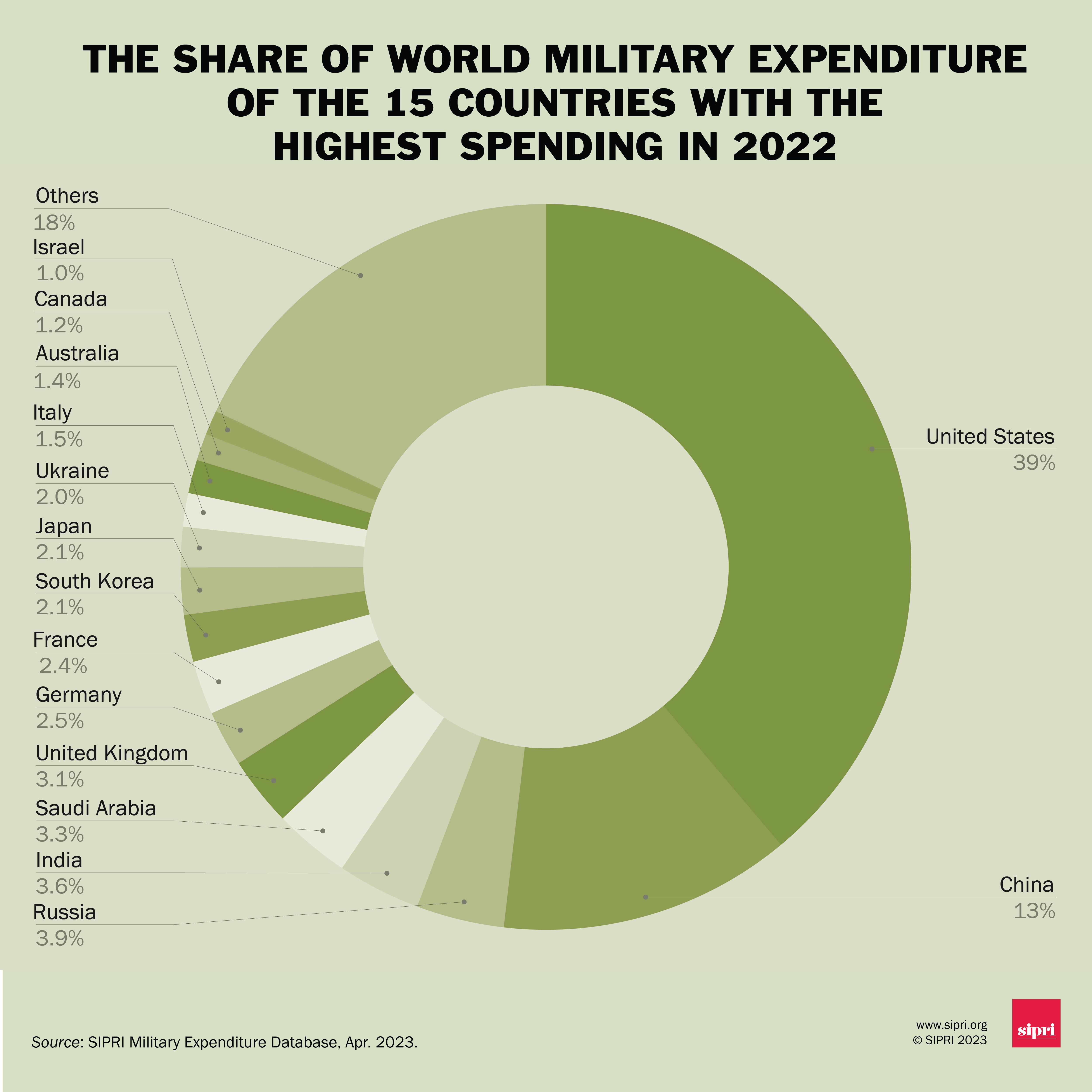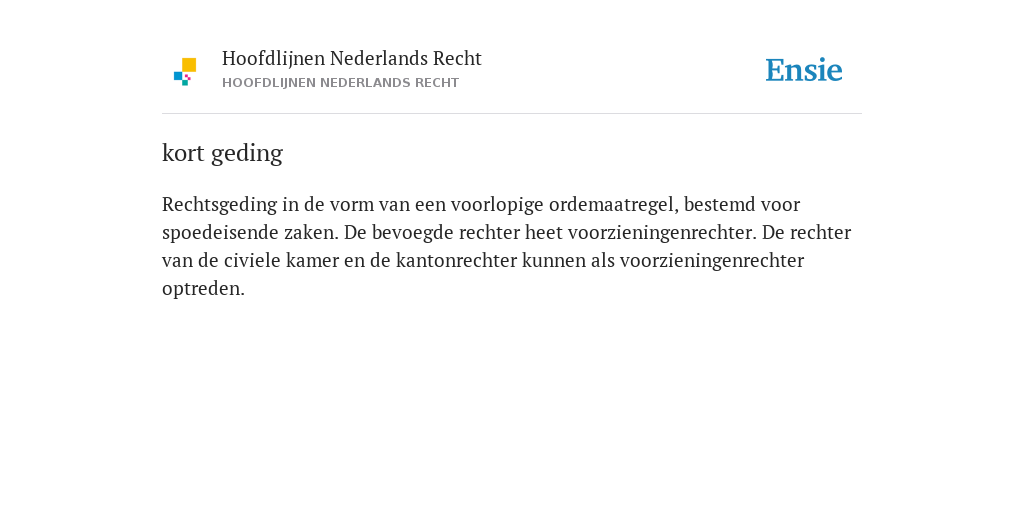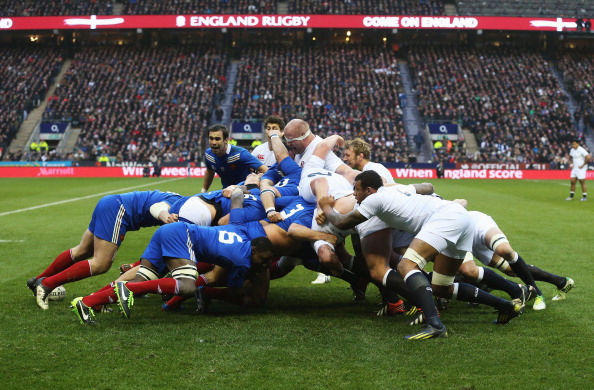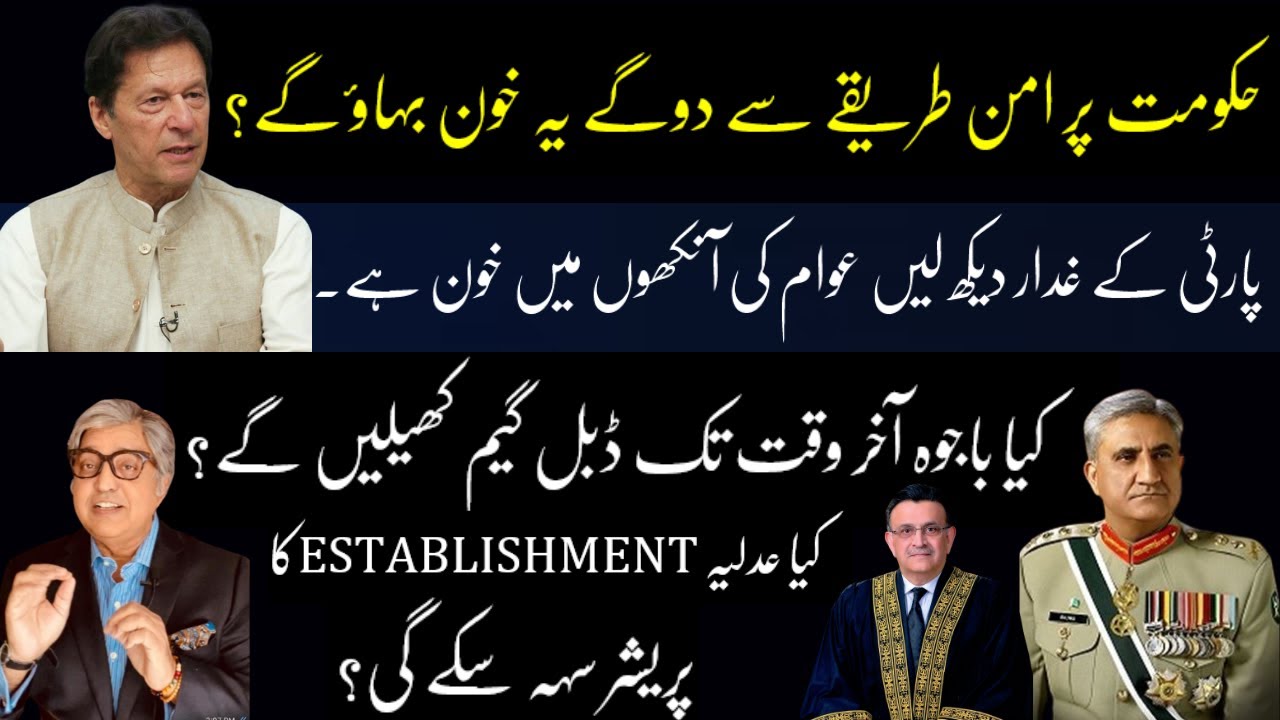Military Spending Soars: The Impact Of The Russia-Ukraine Conflict On Global Defense Budgets

Table of Contents
Increased Defense Budgets Across Europe
The conflict has directly impacted European nations, prompting many to dramatically increase their defense budgets. This is particularly true for countries bordering Russia or those directly involved in supporting Ukraine. The Russia-Ukraine conflict has spurred a significant increase in European defense spending, fundamentally reshaping the continent's security landscape. NATO military budgets have seen substantial growth as member states recognize the need for stronger collective defense.
-
Significant increases in military spending by NATO members in Eastern Europe: Countries like Poland, Romania, and the Baltic states have significantly boosted their military expenditure, prioritizing modernization and strengthening their defensive capabilities against potential Russian aggression. This includes procuring advanced weaponry and enhancing their military readiness.
-
Increased investment in advanced weaponry and military technology: European nations are investing heavily in advanced weaponry, including drones, cyber warfare capabilities, and missile defense systems, to counter the perceived threat. This reflects a shift towards more modern and technologically advanced militaries.
-
Enhanced military cooperation and joint exercises among NATO allies: The conflict has strengthened military cooperation and coordination between NATO allies. Increased joint military exercises and information sharing are aimed at improving interoperability and readiness.
-
Focus on strengthening national defenses and bolstering border security: Many European countries are focusing on strengthening their national defenses, including bolstering border security and investing in infrastructure to enhance their resilience against potential threats.
-
Re-evaluation of defense strategies in light of the conflict's implications: The conflict has forced a re-evaluation of defense strategies across Europe, leading to a shift towards more robust and proactive defense postures. This involves reassessing threat levels, resource allocation, and strategic partnerships.
Global Implications: A Ripple Effect on Defense Spending
The Russia-Ukraine conflict’s impact extends beyond Europe, prompting a reassessment of defense strategies and spending worldwide. Many nations, especially in Asia-Pacific and the Middle East, are observing the conflict closely, triggering concerns about potential future conflicts and a resulting increase in their military budgets. This ripple effect underscores the interconnectedness of global security and the far-reaching implications of regional conflicts. Defense modernization and arms procurement are key areas experiencing significant growth globally.
-
Increased defense spending in Asia-Pacific countries due to concerns about China’s growing military power: The rising military power of China is prompting several nations in the Asia-Pacific region, including Japan, South Korea, Australia, and others, to increase their defense budgets. This reflects concerns about regional stability and potential future conflicts.
-
Rise in military budgets in the Middle East amidst ongoing regional instability: The ongoing instability in the Middle East, coupled with the observed impact of the Russia-Ukraine conflict, has led to an increase in military spending by several nations in the region. This is driven by concerns about internal conflicts, external threats, and regional power dynamics.
-
Global competition in arms production and procurement accelerating: The increased demand for advanced weaponry and military technology is fueling global competition in arms production and procurement. This leads to increased investment in research and development and heightened competition among arms manufacturers.
-
Increased focus on cyber warfare and technological advancements in defense systems: The conflict has highlighted the importance of cyber warfare and the need for advanced technological capabilities in defense systems. This is leading to increased investment in cyber security and the development of cutting-edge military technologies.
-
Potential for an intensified global arms race: The global surge in military spending raises concerns about the potential for an intensified global arms race, with far-reaching economic and geopolitical consequences.
The Economic Consequences of the Spending Surge
The massive increase in military spending has substantial economic consequences, potentially impacting social programs and economic development. There is a significant opportunity cost associated with diverting resources from other crucial areas such as healthcare, education, and infrastructure. The economic impact of this military spending increase needs careful consideration.
-
Potential strain on national budgets and increased government debt: The significant increase in defense budgets puts a strain on national budgets, potentially leading to increased government debt and reduced fiscal flexibility.
-
Reduced investment in other essential sectors of the economy: Diverting resources to military spending can lead to reduced investment in other essential sectors such as education, healthcare, and infrastructure, impacting long-term economic growth and social well-being.
-
Inflationary pressures resulting from increased military spending: Increased military spending can contribute to inflationary pressures, potentially impacting the purchasing power of citizens and creating economic instability.
-
Potential negative impact on economic growth in some countries: In some countries, the significant increase in military spending may negatively impact economic growth by diverting resources from more productive sectors of the economy.
Long-Term Strategic Shifts in Global Geopolitics
The Russia-Ukraine conflict has significantly altered the global geopolitical landscape. The increase in military spending reflects a shift in power dynamics and a growing awareness of the importance of national security. This could lead to a new era of increased military competition and strategic alliances. The geopolitical implications are profound and long-lasting.
-
Restructuring of alliances and increased military cooperation among countries: The conflict has led to a restructuring of alliances and increased military cooperation among countries sharing similar security concerns. This includes strengthening existing alliances and forging new partnerships.
-
Shifts in global power dynamics with potential implications for international relations: The conflict has shifted global power dynamics, with potential implications for international relations and the future of global governance. This includes the potential for increased competition and the reshaping of international institutions.
-
Increased focus on deterrence and strengthening national defense capabilities: The conflict has emphasized the importance of deterrence and strengthening national defense capabilities. This is leading to a renewed focus on military modernization and the development of effective defense strategies.
-
Potential for increased tensions and the risk of further conflicts: The surge in military spending and increased geopolitical tensions raise concerns about the potential for further conflicts and increased instability in various regions around the world.
Conclusion
The Russia-Ukraine conflict has undeniably triggered a significant surge in global military spending, creating a new paradigm for defense budgets worldwide. The long-term implications of this increase are complex and far-reaching, with economic and geopolitical consequences that will continue to shape the international landscape for years to come. Understanding the dynamics of this unprecedented increase in military expenditure is crucial to effectively analyzing and navigating the evolving global security environment. Continue to monitor the implications of the Russia-Ukraine conflict on global defense budgets and its impact on your region for the latest updates and analysis on military spending and defense budgets.

Featured Posts
-
 Legal Battle Dismissed Ftc Commissioners Seek Their Positions Back
May 01, 2025
Legal Battle Dismissed Ftc Commissioners Seek Their Positions Back
May 01, 2025 -
 Kampen Eist Recht Op Stroomnetaansluiting Kort Geding Tegen Enexis
May 01, 2025
Kampen Eist Recht Op Stroomnetaansluiting Kort Geding Tegen Enexis
May 01, 2025 -
 Dalys Late Show Steals Victory For England Against France In Six Nations Thriller
May 01, 2025
Dalys Late Show Steals Victory For England Against France In Six Nations Thriller
May 01, 2025 -
 Bharty Ryasty Dhsht Grdy Kshmyr Myn Eyd Pr Khwn Bhaw
May 01, 2025
Bharty Ryasty Dhsht Grdy Kshmyr Myn Eyd Pr Khwn Bhaw
May 01, 2025 -
 Jwanka Walnsr Arqam Mthyrt Llqlq
May 01, 2025
Jwanka Walnsr Arqam Mthyrt Llqlq
May 01, 2025
